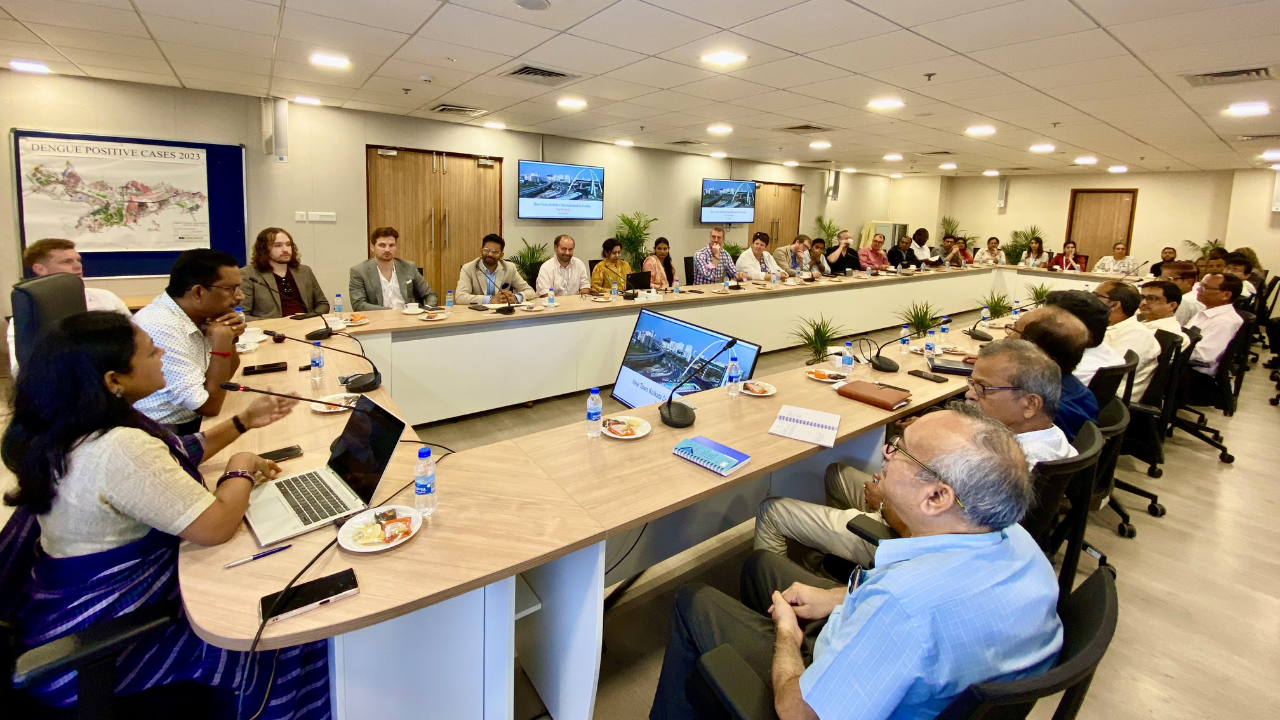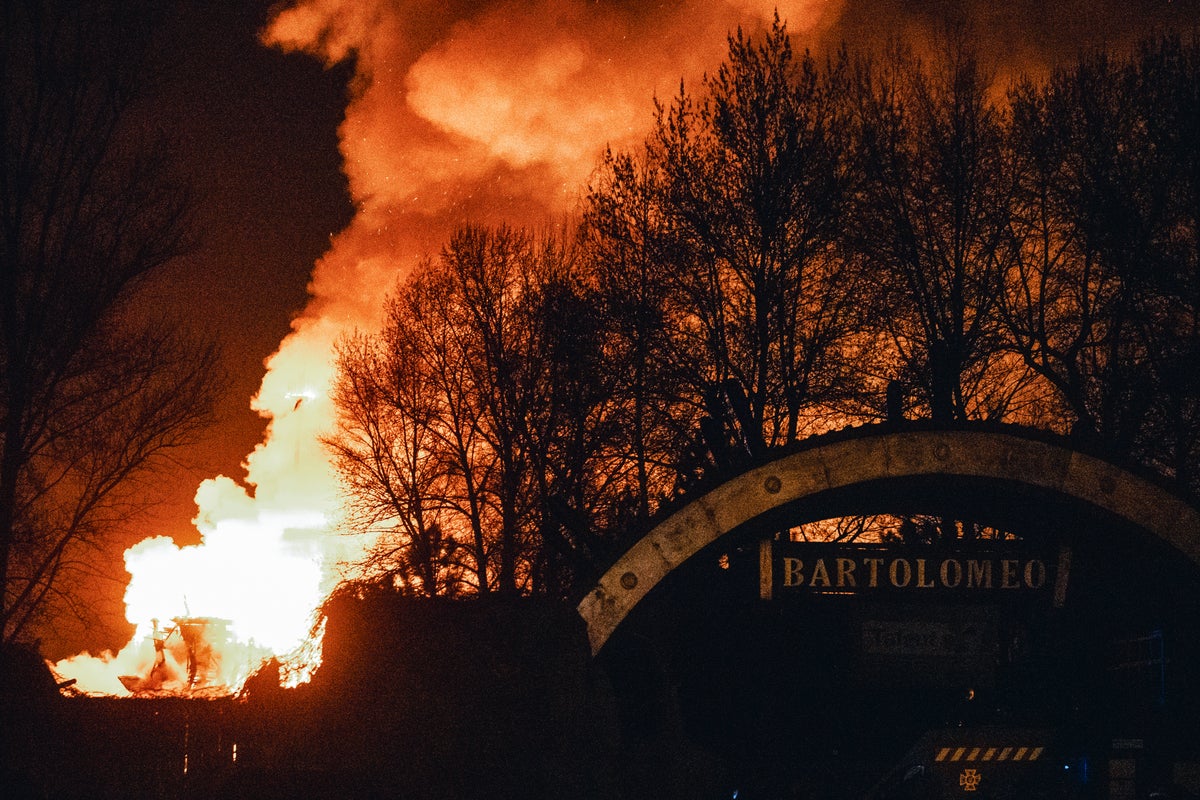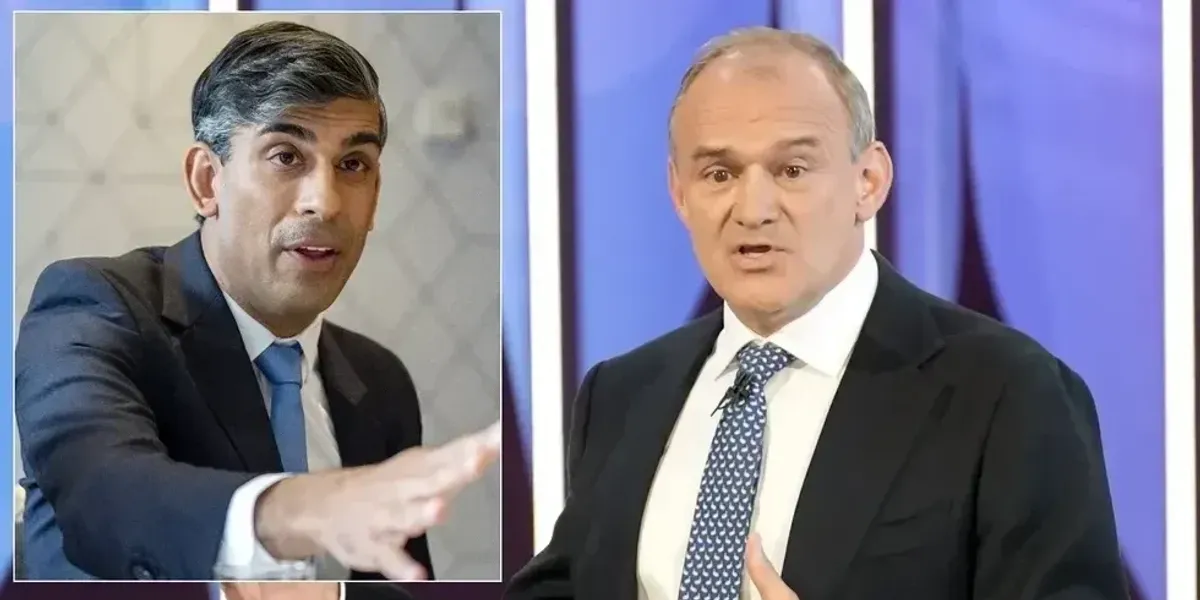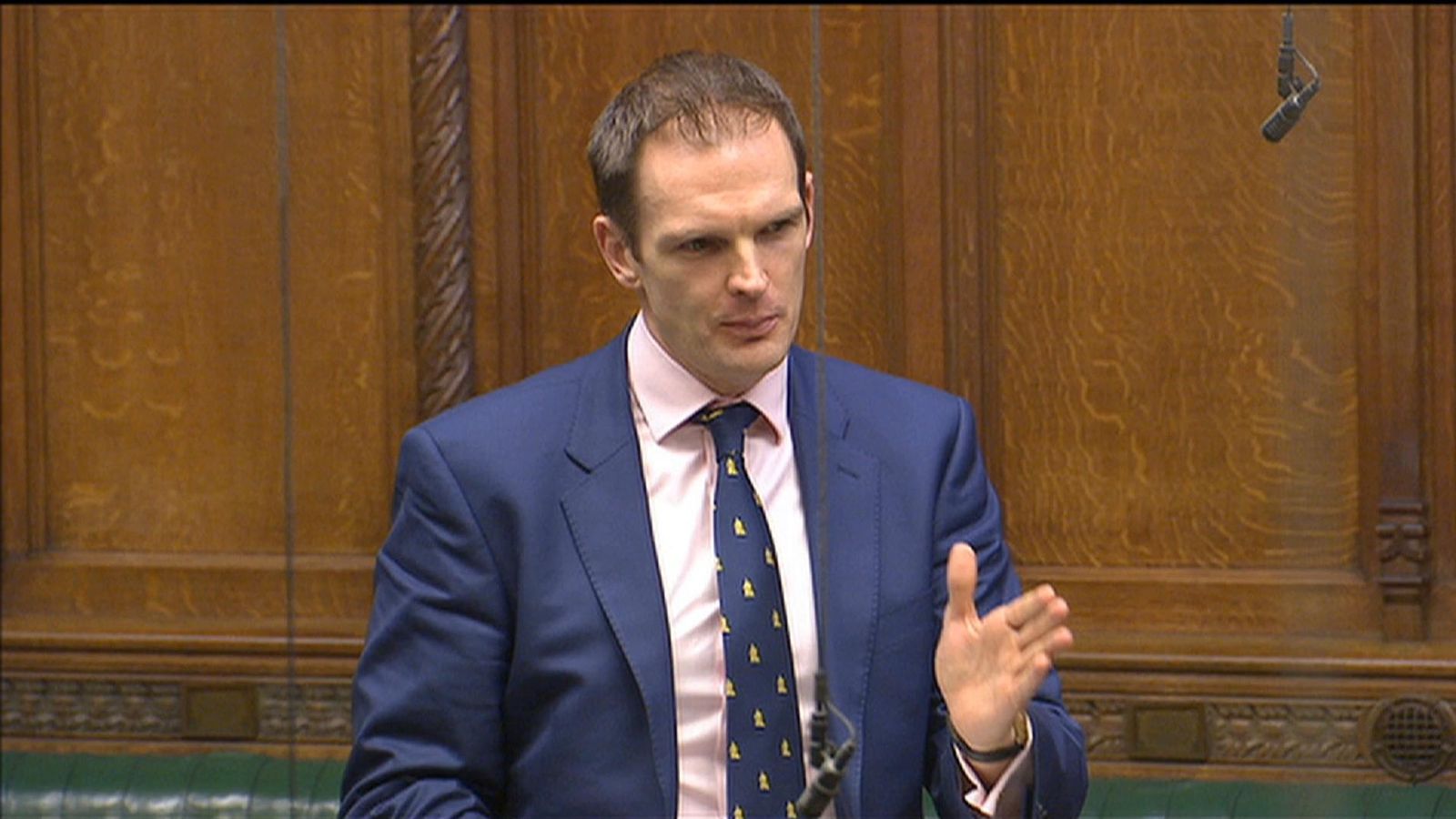The “International Religious Freedom Summit 2024” took place in Washington DC on January 30th and 31st. This event, sponsored primarily by the Lantos Foundation, brings together leaders of the Republican and Democratic parties in the United States of America to connect resources and advocates for religious freedom and highlights the personal testimonies of survivors of religious persecution and restrictions of religious freedom.
They estimate that 80 percent of the world's population lives in countries where there are strong government or societal restrictions on religion. While it is true that religious persecution is not new in human history, we should not ignore certain principles that characterize our “advanced” Western society in the 21st century.
As Europeans, we should think about three things when dealing with this issue.
First, it is important to properly focus the topic of discussion. At a time when access to information seems to have no limits and we therefore take the license to express our opinion on practically anything, we confuse the transversal treatment of problems with the risk of introducing elements that are contrary to the supposed aim are foreign. In this particular case, it is striking that a religious freedom forum is discussing the defense of a proposed American law to expand corporate responsibility for companies operating in China (The Uyghur Forced Labor Prevention Act – Public Law No. 117-78). . Although it is an interesting topic, its connection to religious persecution is difficult to justify, and the discussion as to whether it is really a protectionist measure by the US market against Chinese production does not take place. In fact, in the European Union we are currently discussing the proposal for a directive on corporate responsibility in a similar way, with the difference that it is not designed exclusively for one country and we do not forego other types of international instruments. such as bilateral investment agreements or dialogues between states (something heavily criticized by the US government). particularly with regard to the positions of the French, German and Community administrations).
Back to religious freedom: Secondly, in the debate we cannot ignore a fundamental element such as the restriction of this freedom. If there is one thing we in the West have talked about throughout our history, it is that this border is national security and social coexistence. We cannot deny that the establishment of such boundaries is always controversial and is not exempt from controversy, criticism and therefore iron and constant control. But if we in Europe and the United States of America have accepted these limits, can we question the fact that other sovereign and recognized states do not also put them into practice? To simplify this question: Not everything has to be black and white.
Of course, not all states share our political system, nor do all civilizations have our legal standards or our legal and political language. But at a time when we cannot ignore so-called “globalization”, it is important to remember that before we judge a fact, we must demand that what lawyers consider to be the principles of criminal procedure law know (officiality, legality, (right to equal opportunities, hearing, equality, publicity and dissent) must be respected. Therefore, in cases such as the case of the East Turkestan Islamic Movement affecting the Chinese border, or independence movements such as the events in Hong Kong in In 2019 and 2020, properly collect and compare all the evidence presented by the parties in order to avoid being able to take sides and therefore defend or veto a matter, no matter how legitimate it may initially seem.
And thirdly, we should not fall into the trap of using religion as an excuse to start a political or economic confrontation. I would like to focus once again on the case of the People's Republic of China. Once again, from my European perspective and in an exercise of coherence, he defended our political and legal system (which does not mean that he does not criticize several issues that can be improved or that are being deliberately manipulated). In Europe, it has taken us centuries to reach our current standards, and we have even made the mistake of trying to enforce them, even though enforcement has only led to confrontation. Given this, let us choose conviction. In order to be convincing, we must be ready for discussion, for dialectical confrontation. We need to know who we have in front of us and listen to the reasons why they make certain decisions. In the case of the People's Republic of China there will undoubtedly be differences, but perhaps we will be surprised to find that we share some minimum requirements that we have not taken into account (such as order, security or respect for tradition, but also the facilitation of social relationships). Coexistence). Because whether we like it or not, and nostalgia aside, the Europe, the United States of America or the China of the year 2024 are different from those of the year 2000 (not to mention those of the 20th or 19th centuries).
Let us Europeans showcase our distinctiveness, which consists of Greek logic, law, the contribution of scholasticism and the constant criticism and questioning represented, for example, in Descartes, Kant or the French and British Enlightenment. If we create forums where there is no criticism and discussion, it will only lead to arrogance and propaganda, something that we should remember has led to very bad experiences for us.
In summary, freedom of religion and practice of religion are an acquired right, but only if the characteristics of the society in which they are practiced must be taken into account.
Javier Porras Belarra
Doctor of European Studies
Associate Professor of International Law and International Relations



























